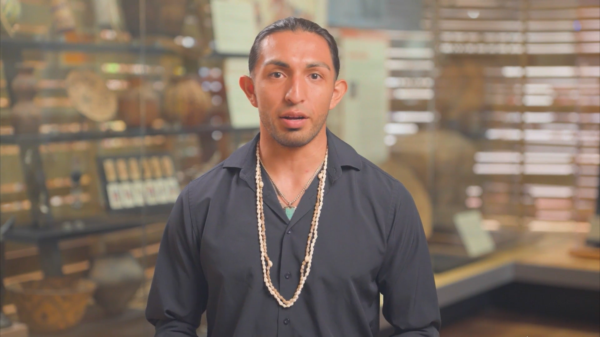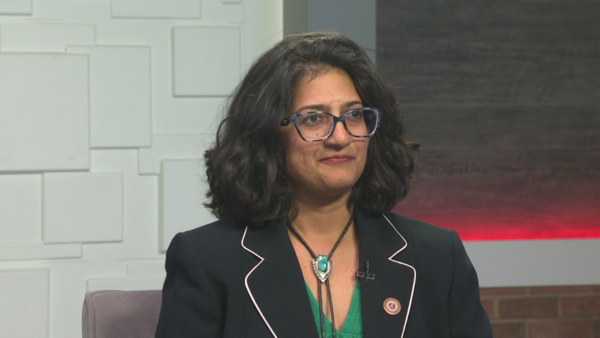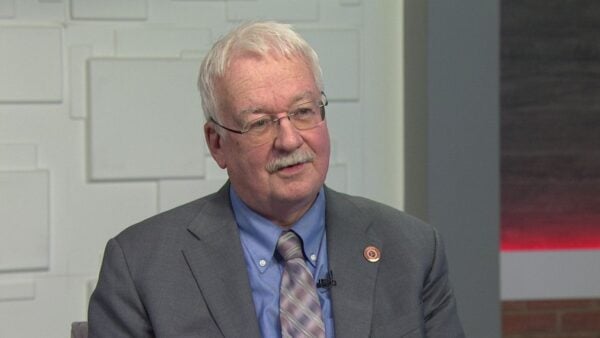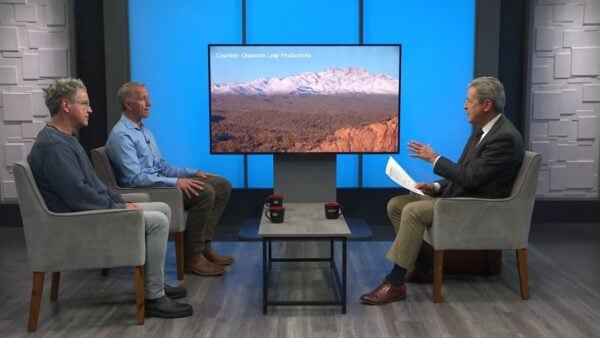New study shows portable DNA sequencing helps identify drug-resistant superbugs
June 30, 2025
Antibiotics are one of the greatest triumphs in the history of medical science, but these lifesaving tools have a dark side. Their persistent use can produce “superbugs,” which are drug-resistant microbes that pose a danger to humans, animals and the environment.
In a first-of-its-kind pilot project, researchers from the Food and Agriculture Organization of the United Nations, Indonesia’s Ministry of Agriculture and Arizona State University (ASU) tested the novel integration of a handheld DNA sequencing device within Indonesia’s national antibiotic resistance surveillance system across six chicken slaughterhouses in the Greater Jakarta area.
Lee Voth-Gaeddert, a Researcher at ASU’s Bio Design Center for Health Through Microbiomes, joined “Arizona Horizon” to share what this study has found, including how portable DNA sequencing can strengthen national surveillance efforts.
Voth-Gaeddert share some insight into how “superbugs” can mutate to become resistant to antibiotics.
“The pressures of these antibiotics and so to take an example of the human body let’s say that we have a 100 bacteria in our human body. We take an antibiotic, that takes care of 95 of them but we still have five that might be just a little bit more resistant to the antibiotic that we just took. And now those are still there when we stop taking the antibiotic and have room to grow. And so that’s kind of how that pressure of the antibiotic forces growth of new resistant strains,” Voth-Gaeddert said.
The new technology was shared during the show by Voth-Gaeddert.
“It looks like a stapler to be honest with you, but we just plug it into a laptop and we’re actually able to do DNA sequencing in the field and be able to take what we have in terms of laboratories and bring it to people that can use that information,” Voth-Gaeddert said.























